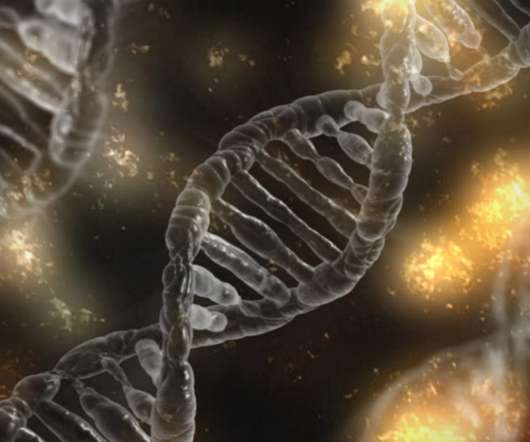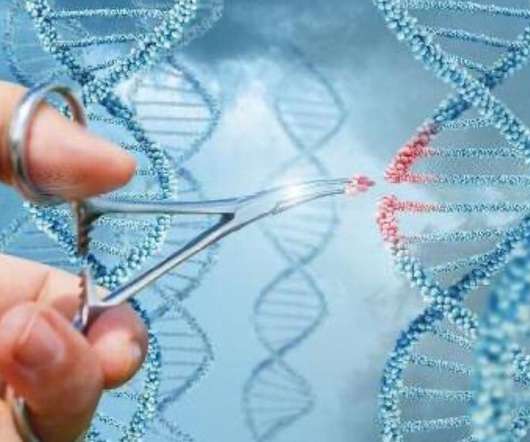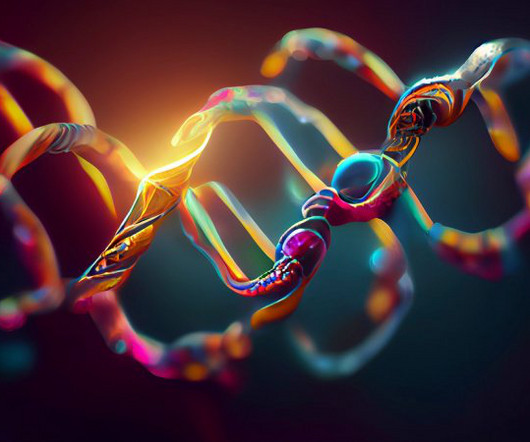Next Generation Sequencing (NGS) Library Preparation Kits: Revolutionizing the Field of Genetic Sciences
Roots Analysis
FEBRUARY 23, 2022
Over the past few years, several companies have started offering a diverse range of genome sequencing products and services using various second and third generation sequencing technologies. Currently, close to 60 industry players are actively offering NGS kits for preparing DNA / RNA libraries. Players Engaged in the Domain.














Let's personalize your content